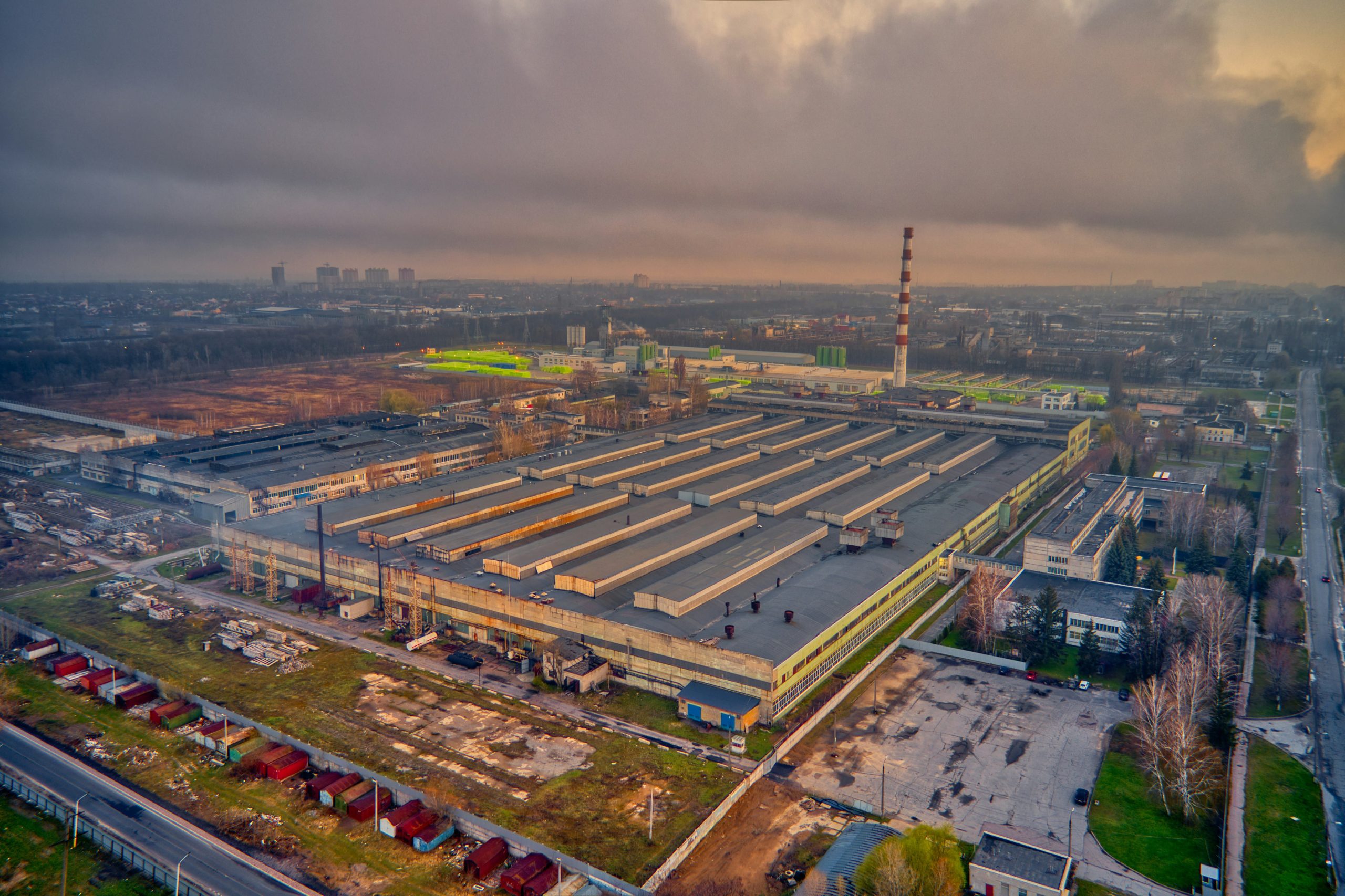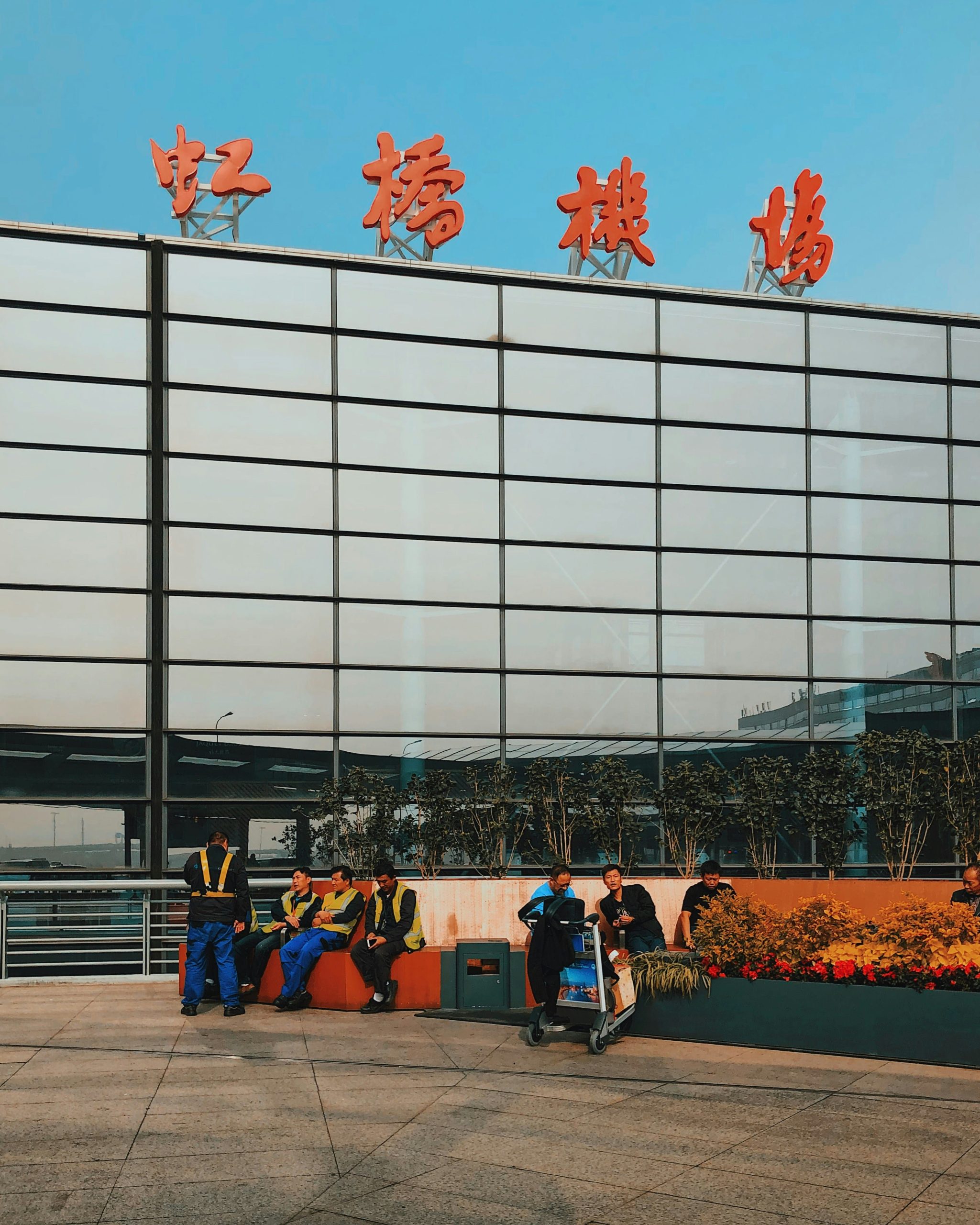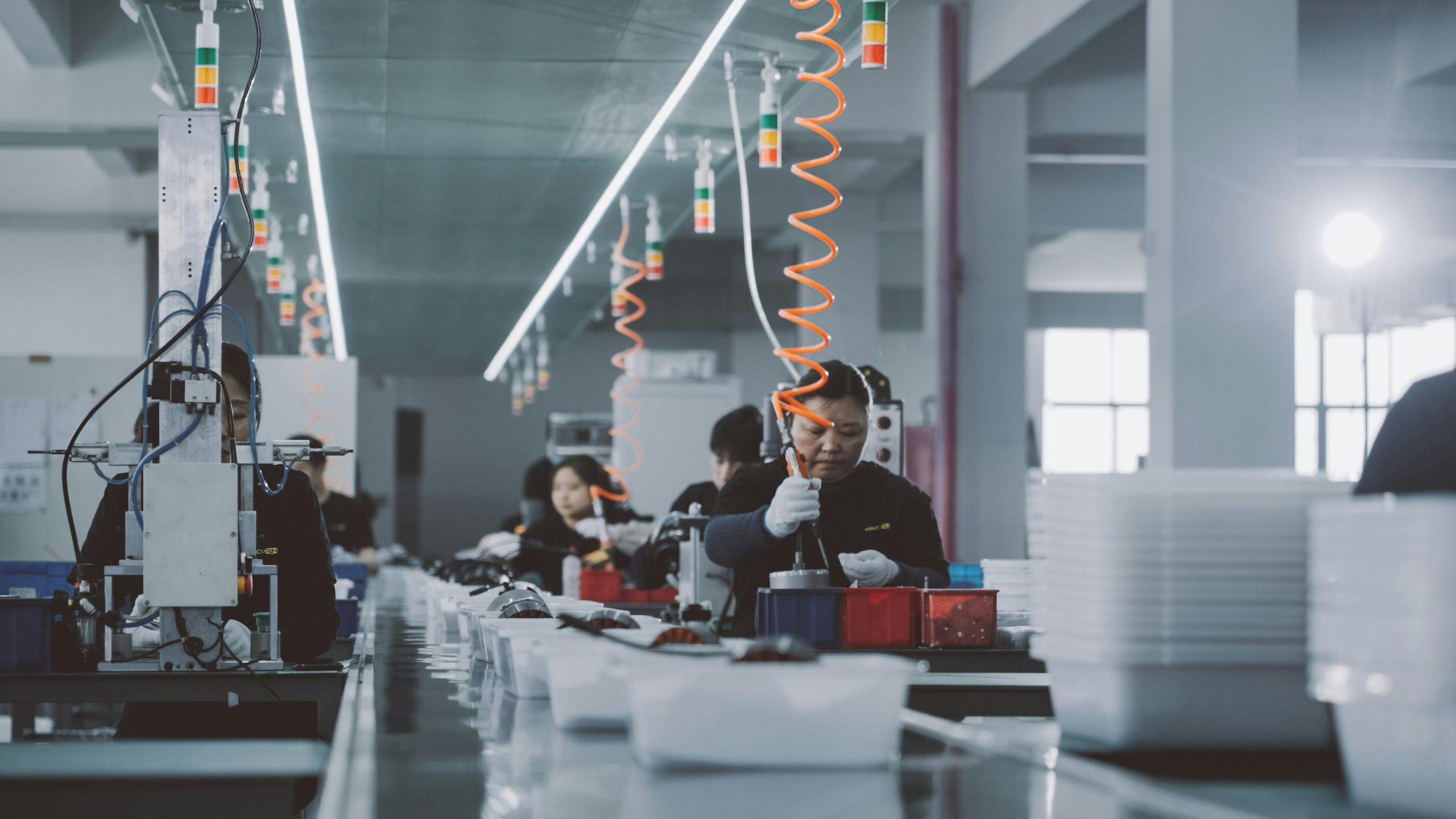
For companies that source products from abroad, like China, the price and quality of products are as important as social compliance to achieve sustainable success. The modern business environment is defined by certain standards of workplace health and safety, and firms can no longer afford to ignore the social impact of their supply chains. A social compliance audit is a foremost way to evaluate whether a supplier’s practices are consistent with the health and safety regulations.
What is a Social Compliance Audit?
Also known as an ethical audit, a social compliance audit refers to a process through which a company’s import and export operations are scrutinized to verify whether they are compliant with acceptable social and ethical standards.
It is based on a set of guidelines to assess how a supplier handles both the manufacturing process and its employees in light of relevant labour laws and ethical standards. An independent third-party inspection company is called upon to conduct an objective audit and determine that a company’s working conditions are up the standard.
Common Issues in a Social Compliance Audit Checklist
The social compliance audit checklist generally includes the following elements or aspects that have to be complied with.
- Forced or underage labour: Ensure that bonded or underage labour does not participate in the labour force
- Collective bargaining
- Health and safety: Ensure that the workers are provided a safe and secure working environment.
- Working hours and wages: Adhere to prescribed limits for wages and working hours.
- Harassment and Discrimination;
- Environmental impact: Minimize the environmental impact of manufacturing processes and adopt waste management practices.
- Freedom of association: Avoid interfering with the worker’s rights to form unions or worker committees.
The Importance of Social Compliance For China Sourcing
As one of the world’s largest manufacturing hubs, labour standards in China show wide variations across regions and industries. Similarly, there are quite many factories that don’t demonstrate the required accountability and transparency due to a lack of oversight, cost pressures or inefficient local management practices. Here’s why you should opt for a social compliance audit if you are sourcing from China.
1. Protect Your Brand Reputation
Modern businesses operate in a socially conscious marketplace where stakeholders expect them to source responsibly. Labour violations in any form, like the use of child labour or unsafe working conditions, invite media scrutiny and negatively hurt your brand’s reputation. Through a social compliance audit, you can proactively identify and address these risks to prevent their implications for your brand.
2. Fulfil Retail and Partner Expectations
Suppliers increasingly find that buyers, be they retailers, e-commerce platforms, or international partners, look out for decisive proof that products were ethically sourced. At times, they demand third-party social audits as a key requirement before engaging with a supplier, and therefore, failing to do so can cost you precious business opportunities.
3. Maximise Worker Welfare and Productivity
By supporting ethical practices like fair wages and safe working conditions, companies can strengthen social compliance to avoid penalties and other legal consequences. Beyond that, it contributes to a more sustainable supply chain, which eventually lowers turnover, boosts morale and leads to higher-quality output.
4. Meet International Labour Regulations
China features among the top five high-risk countries for labour rights violations as per the latest Risk Index Report by the British Standards Institution (BSI). This has made it mandatory for British companies to be more transparent about the workings of their supply chains to ensure that they are not guilty of practices of child labour and human trafficking.

What to Expect in the Audit Process
A Social compliance audit is a structured process that generally involves the following stages or steps.
Initial Preparation: The auditing firm collaborates with your team to identify applicable standards or frameworks and may choose to notify the factory or conduct an unannounced visit.
On-site Inspection: Auditors visit the facility in person to observe operations and go through employment records and related documents like payroll records and safety logs. They may also inspect work areas and interview employees confidentially to get insights into working conditions.
Creating Reports: The auditors prepare a detailed report drawing upon their assessment to highlight the strengths in work processes, areas of non-compliance and recommended corrective actions. Issues are usually graded in terms of their severity as major, minor, or critical.
Formulating Corrective Action Plan (CAP): The factory must address and resolve any identified lapses in compliance issues within a set timeline while agreeing to a follow-up verification.
Third-party firms like QIMA, Tetra Inspection, and MatchSourcing specialize in comprehensive social audit services tailored for the specific compliance needs of international buyers sourcing from China.
How to Choose the Right Audit Standard
There are several recognized audit frameworks based on varying international criteria that are utilized depending on the nature of the audit and the location of the factory. Here’s a quick overview:
SA8000
This widely recognized certification imposes a framework for all industries and countries to adhere to and maintain socially acceptable labour standards.
Business Social Compliance Initiative or BSCI
A popular methodology in Europe that encompasses labour rights, health and safety, and environmental responsibility.
SEDEX SMETA
A widely used audit methodology that draws upon ILO standards in terms of health and safety protocols, labour standards and environmental ethics.
Final Thoughts
Social compliance audits are not merely a checkbox you are required to fill—they can be leveraged as a strategic tool to build a responsible and resilient supply chain. Considering China’s dynamic and competitive manufacturing environment, conducting audits ensures that your products are made in a socially responsible way without impinging on human or environmental standards.
As global expectations continue to rise, socially responsible brands won’t just stay compliant but will be ahead of others by growing while making a positive impact on society.


